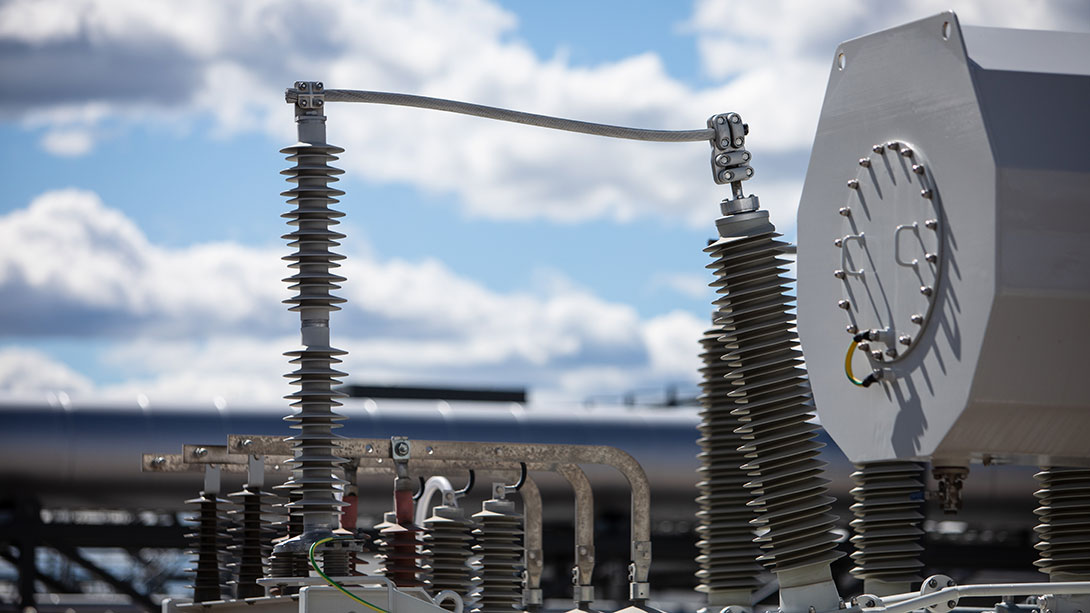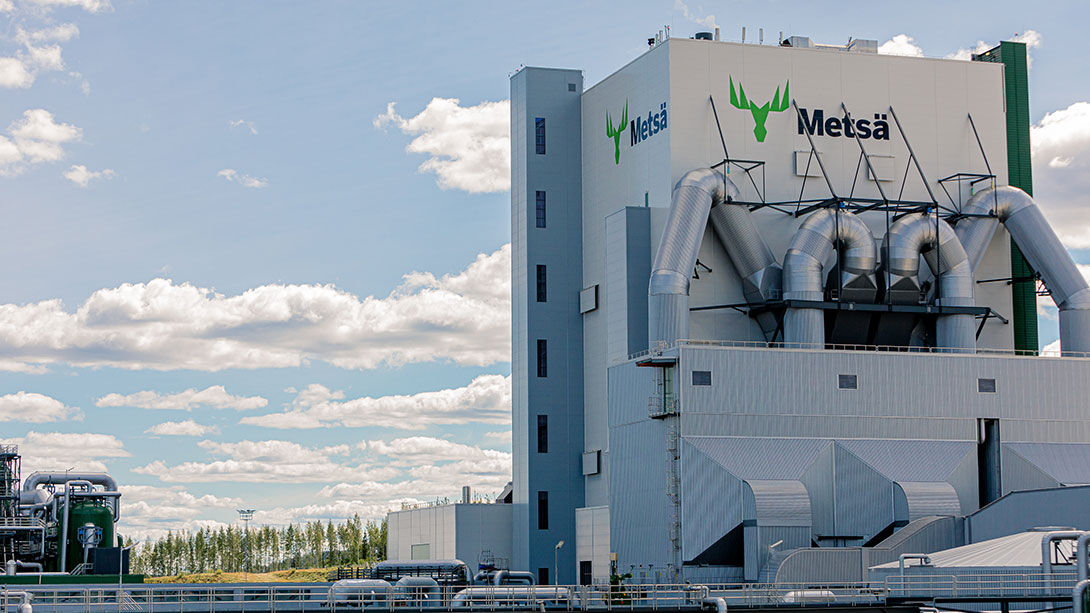The pulp production process results in many other bioproducts. Energy is one of them. Pulp mills utilise energy in their own production, but they do not need all that they generate. In other words, the mills are more than self-sufficient in energy.
Metsä Fibre’s four pulp mills have a self-sufficiency rate of 175 per cent in electrical power. After the completion of the new bioproduct mill in Kemi, this figure will be even higher. The surplus is provided to industrial customers, nearby communities and the national power grid.
Production side streams account for most of the bio-based fuels used in production.
“Nearly 100 per cent of the energy we produce comes from renewable sources, and we sell it as heat, fuel or electricity,” says Jorma Heikkilä, Development Manager at Metsä Fibre.
Finland generates around 66 terawatt hours of electricity annually. Slightly over half of this is produced using renewable energy sources.
Heikkilä calculates that Metsä Fibre’s pulp mills produce approximately ten per cent of all the bioelectricity generated in Finland. This translates to over three terawatt hours. Were the annual surplus from the pulp mills used for heating, it would be enough to heat 70,000 detached houses.
Fossil free mills by 2030
The improvement of energy efficiency is a continuous process, Heikkilä says. Constant progress has been made over the past 20 years.
“We want to be a sustainable and resource-wise front runner in the bioeconomy.”
Future goals have been set high. Metsä Fibre’s mills aim to be fossil free by 2030. Fuel choices and the adoption of new technologies are the key measures for curbing climate emissions.
The Äänekoski bioproduct mill is Metsä Fibre’s first mill to boast zero use of fossil fuels in its pulp production, and the Joutseno pulp mill runs fossil free during normal operations. The Kemi bioproduct mill currently under construction will also be fully fossil free. And the new pine sawmill that is currently being built to Rauma, will enable a fossil free production for the entire Rauma mill integrate. 
